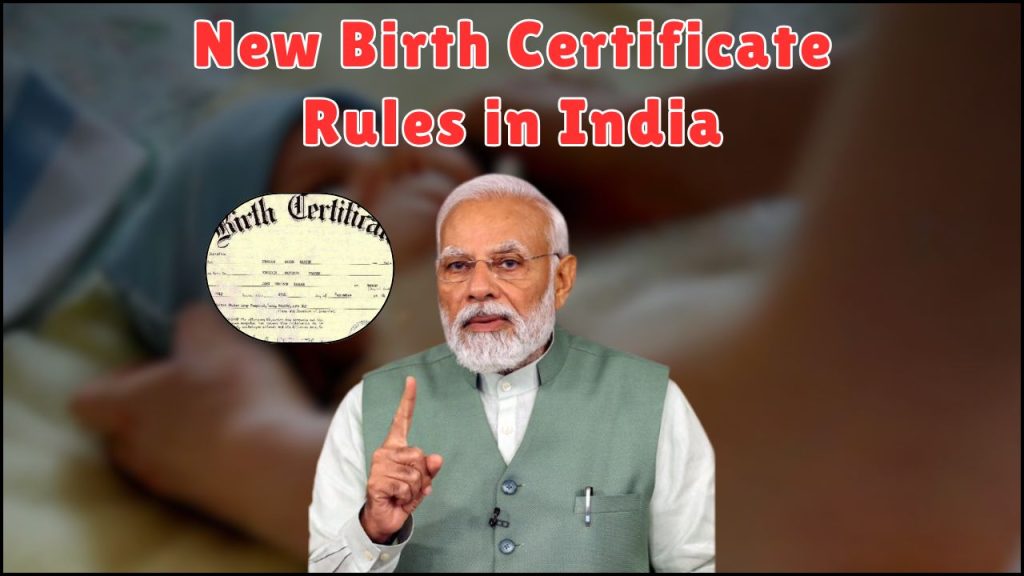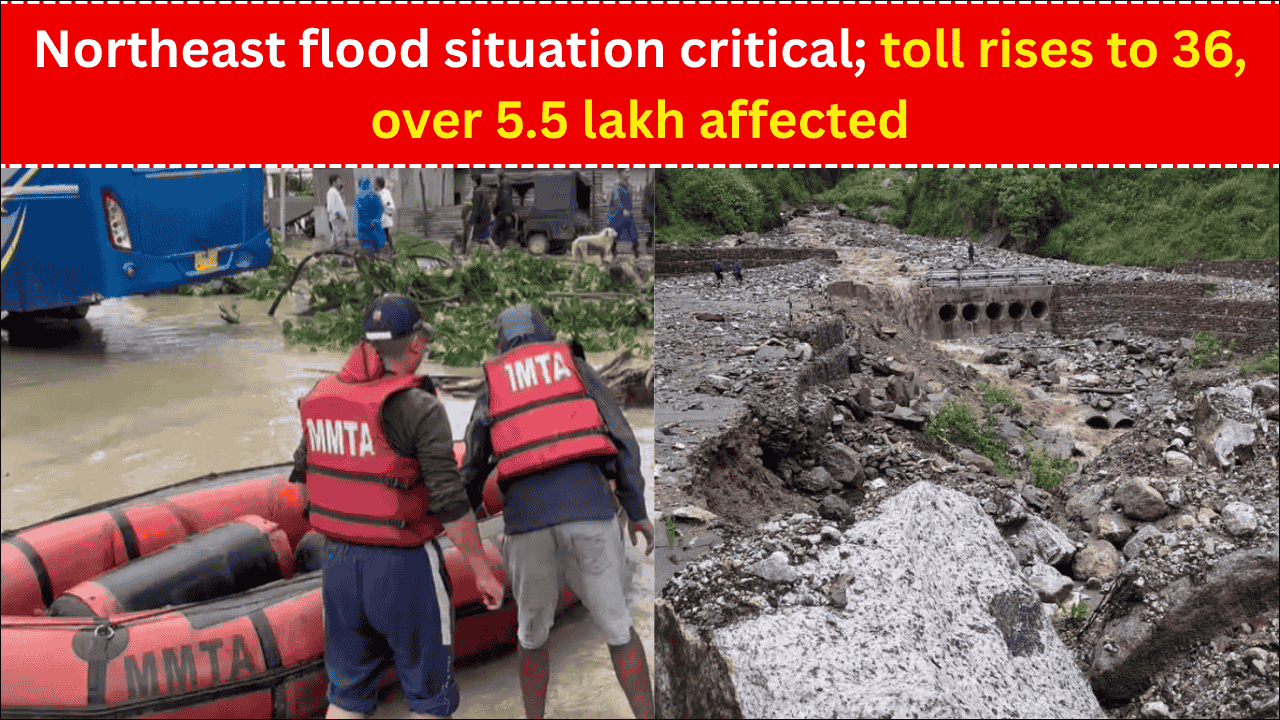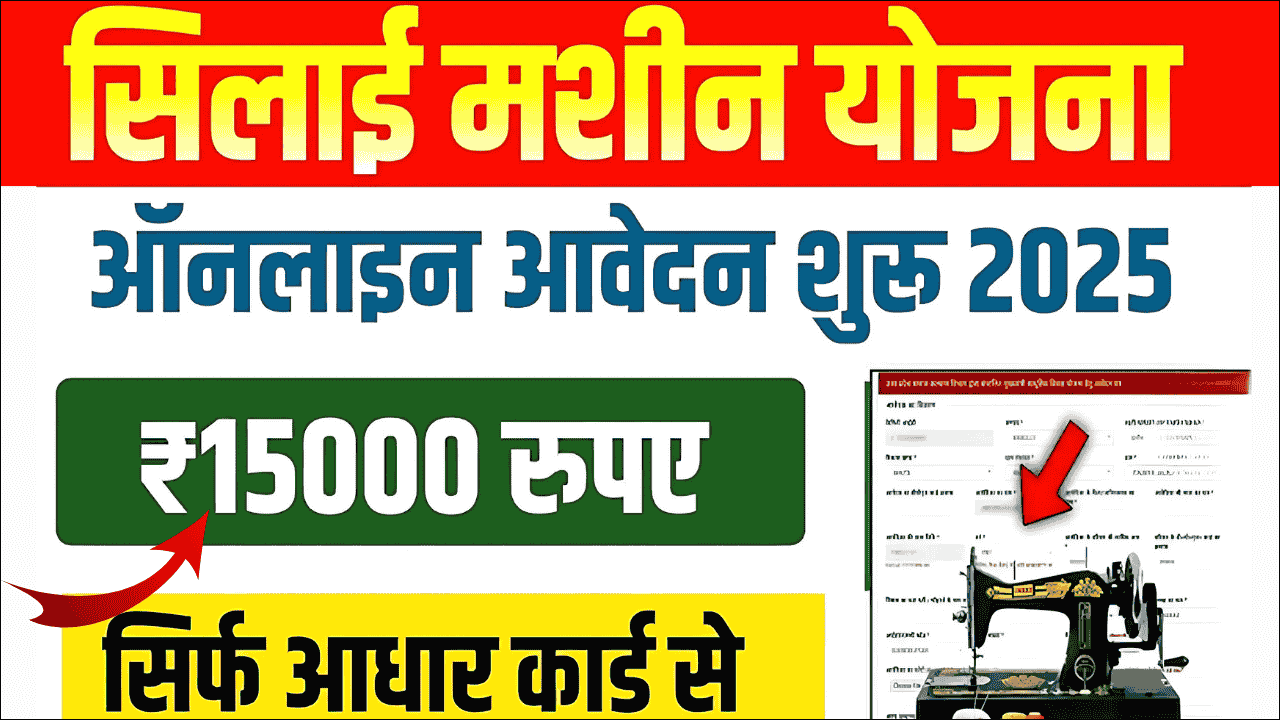
India’s administrative landscape is undergoing a historic shift with the implementation of the Registration of Births and Deaths (Amendment) Act, 2023, effective from October 2023. This new framework introduces the “One Nation, One Birth Certificate” initiative, making the birth certificate the single, definitive document for establishing identity, age, and place of birth across all government and institutional services.
These changes mark a monumental departure from India’s fragmented documentation system, promising a future where accessing education, employment, and public services becomes simpler, faster, and more secure. Every Indian—whether a new parent, student, working adult, senior citizen, or NRI—needs to understand how this reform affects them.
Table of Contents
The “One Nation, One Birth Certificate” Framework
Previously, birth certificates were issued by local municipal bodies and often required supplementary documents for authentication. With this reform, a unified digital birth certificate becomes the sole legally recognized proof of birth across the country.
Key Highlights:
- All states and UTs must integrate with a central national database managed by the Registrar General of India.
- Birth certificates can now be accessed and verified digitally from anywhere in the country.
- A QR code-enabled digital certificate ensures authenticity and fraud resistance.
- Hospitals and health centers are now legally mandated to report and upload birth data directly into the system, automating the process for newborns.
This transformation allows someone born in a small town in Assam to use their birth certificate seamlessly in Mumbai or apply for a passport from abroad using the same document.
Expanded Services Requiring Birth Certificate
With the amendment, the scope of mandatory use of the birth certificate has expanded drastically. It is now required across multiple sectors, many of which previously accepted alternative documents.
| Sector | New Requirements (Post-2023) | Earlier Documentation Needed |
|---|---|---|
| Education | School admission, university enrollment, scholarships | TC, affidavits, school records |
| Identity Documents | Voter ID, Aadhaar, Driving License, PAN | Affidavits, ration cards, other proofs |
| Travel & Passports | Passport issuance, visa applications | School records, birth affidavits |
| Employment | Government exams, formal job entry | Self-declared DOB, affidavits |
| Legal Affairs | Marriage registration, inheritance claims, property transfer | Local registrar documents |
| Financial Services | Bank accounts, loans, insurance, pension | Various KYC documents |
The birth certificate now acts as a universal KYC document, simplifying onboarding processes in banks, schools, courts, and government departments.
How to Apply Digitally: Step-by-Step Guide
The revamped system features a streamlined online registration process via state portals or the central Civil Registration System (CRS). Below is the standard procedure for both new births and delayed registrations.
| Step | Details |
|---|---|
| 1. Online Account Creation | Visit your state’s civil registration portal or CRS (crsorgi.gov.in) |
| 2. Form Submission | Enter child/individual details, parent info, address, birth date, etc. |
| 3. Upload Documents | Attach hospital records, parental ID, or school documents as required |
| 4. Verification | Application reviewed digitally and manually by authorities |
| 5. Track Status | Receive updates via SMS or email |
| 6. Download Certificate | Once approved, a secure digital certificate with QR code is generated |
| 7. Integration Complete | Document linked with DigiLocker, Aadhaar, and other govt services |
Hospitals now handle step 1-3 directly for newborns, minimizing parental involvement.
Impact Across Citizen Groups
1. New Parents and Young Families
Parents no longer need to visit municipal offices. Hospitals upload birth details immediately, and parents can download the birth certificate within 7-10 days from the portal.
2. Adults Without Existing Birth Certificates
For many adults born before digitization or without formal documentation, this reform creates both urgency and opportunity. While documentation is now essential, the digital system makes access easier with delayed registration available through affidavits, school records, and witness validation.
3. Internal Migrants and NRIs
Migrants can now access their documents from any state, ending jurisdictional limitations. NRIs benefit from global digital access, especially when applying for OCI cards, visas, or Indian passport renewals.
4. Senior Citizens
Seniors often struggle with incomplete birth documentation for pension or healthcare services. The new framework offers corrective application options to validate or amend birth records digitally.
Benefits of the New Digital System
This change is not just regulatory—it’s transformative.
| Benefit Area | Advantage |
|---|---|
| Universal Acceptance | One document for all services across India |
| Time Efficiency | Instant digital access vs. weeks of manual processing |
| Data Security | QR-code authentication and centralized verification reduce fraud |
| Geographic Flexibility | Apply from anywhere; ideal for migrants, remote residents, NRIs |
| Transparency | Real-time application tracking and status updates |
| Cost Savings | Avoids repeated affidavits, notarization, and middlemen expenses |
Old vs. New System: At a Glance
| Aspect | Old System | New Digital System |
|---|---|---|
| Verification | Manual, physical verification | Digital and centralized |
| Document Validity | Valid only in issuing jurisdiction | Valid nationwide and internationally |
| Fraud Risk | High (fake affidavits, manual errors) | Low (central database, QR validation) |
| Application Time | 2–4 weeks on average | 7–15 days (newborns), 15–30 days (others) |
| Ease of Access | Physical visits required | Apply and access from mobile or laptop |
| Data Integration | Not connected with other departments | Integrated with Aadhaar, DigiLocker, Passport Seva |
Action Plan for Citizens Without Certificates
If you or a family member do not have a birth certificate, take the following steps immediately:
- Collect supporting documents: School certificates, hospital records, vaccination cards, voter lists, or affidavits from family members.
- Visit your state portal or the CRS website.
- Submit delayed registration: Provide explanation for the delay and upload evidence.
- Monitor progress: Use SMS/email updates or the portal to track status.
- Download & verify: Once approved, validate the digital certificate and ensure it appears in DigiLocker or your service portal profile.
Looking Ahead: Digital India Vision
This reform is part of the government’s broader Digital India initiative, aiming for a paperless, faceless, and cashless governance model. The new birth certificate rules set the stage for:
- Unified digital records for all vital events (birth, death, marriage)
- Seamless inter-department data flow (education, health, banking, law)
- Better targeting of welfare schemes and subsidies
- Long-term cost and manpower savings for governments
As this system matures, other vital records will follow suit, creating an integrated citizen services ecosystem.
Conclusion: A Digital Identity Revolution
The “One Nation, One Birth Certificate” policy is not just a bureaucratic update—it’s a citizen empowerment tool. By consolidating documentation and streamlining identity verification, the system reduces delays, costs, and errors that have long plagued public services in India.
For every Indian, this is the time to:
- Verify your birth records
- Update or apply for missing certificates
- Ensure children’s details are digitally recorded
- Leverage new access to faster, fraud-resistant services
By embracing this system, citizens actively participate in shaping a future of transparent, efficient, and accessible governance.
Quick FAQs
Q1: Is my old birth certificate still valid?
Yes, but you must check if it’s digitized and integrated into the new system.
Q2: Can I get a birth certificate online now?
Yes, new and existing certificates can be accessed through your state portal or CRS website.
Q3: What if my birth details are incorrect?
You can request corrections online with proper supporting documents.
Q4: Is this digital birth certificate accepted abroad?
Yes, it meets international standards but may require apostille/legalization for some countries.



